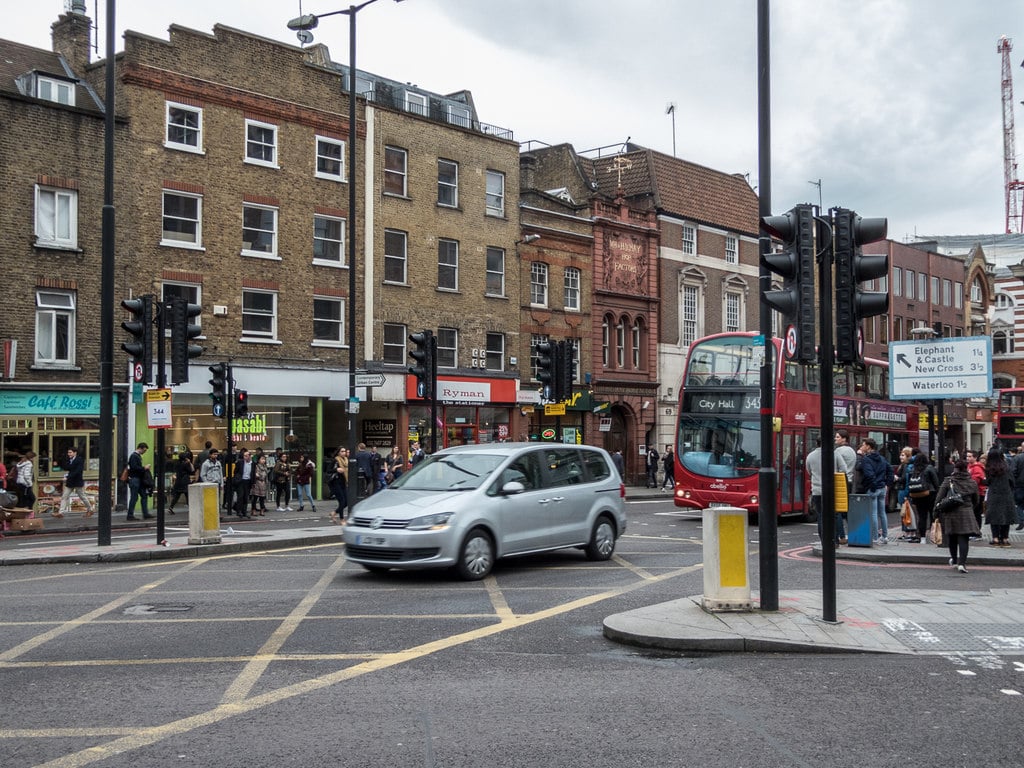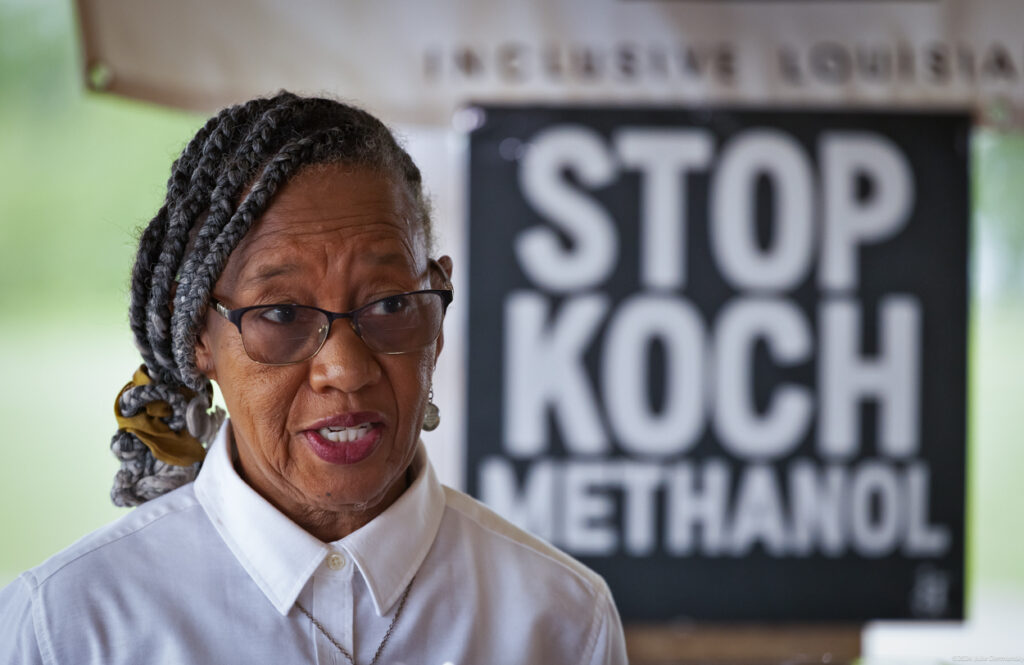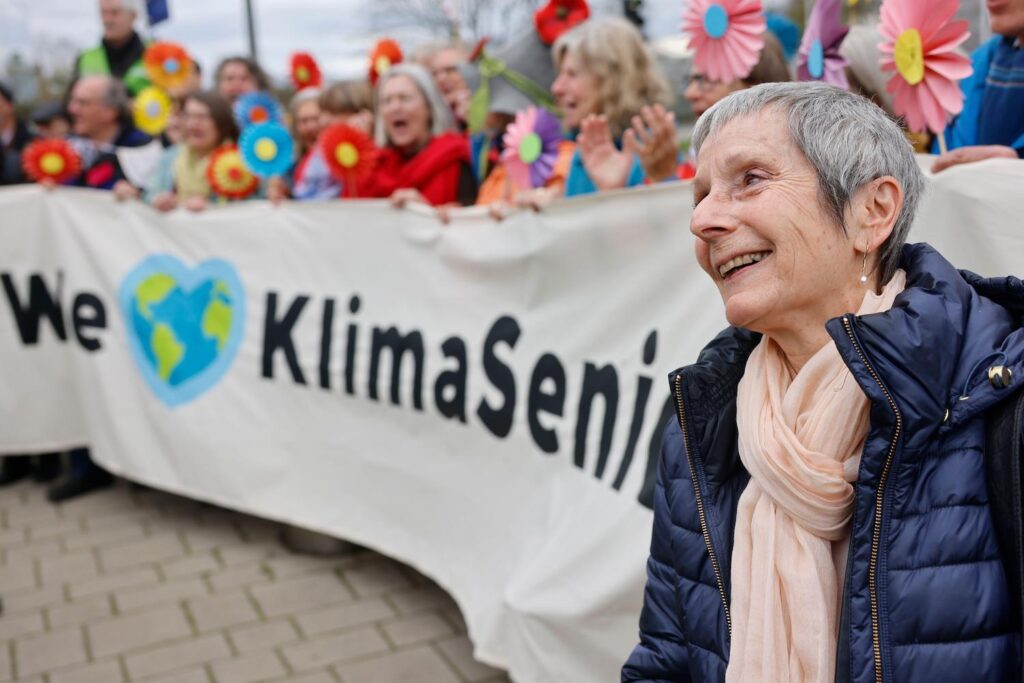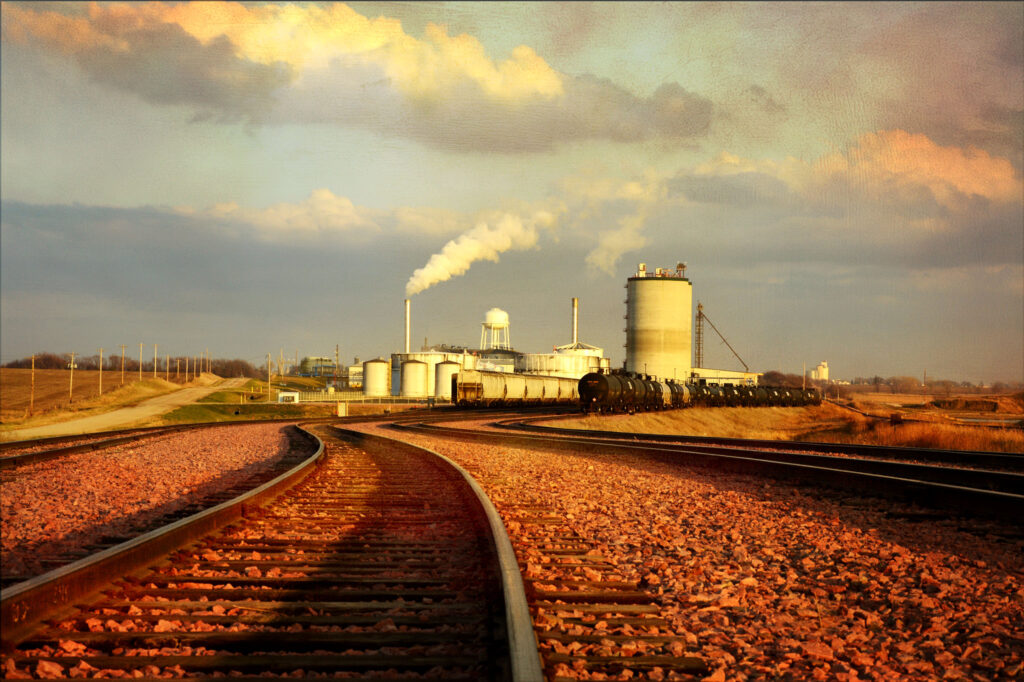A coroner is calling for national limits on air pollution to be reduced to match World Health Organisation (WHO) guidelines and made enforceable by law.
Inner South London Assistant Coroner Philip Barlow ruled in December last year that air pollution exposure contributed to nine-year-old Ella Kissi-Debrah’s death in February 2013. Air pollution had never been identified as a cause of death in the UK until this point.
Ella’s family lived within 25 meters of the busy South Circular road in Lewisham, a route Ella also often walked to school amid air pollution levels exceeding the legal limit.
A prevention of future deaths report, published on Wednesday, recommends three measures, including lowering the national restrictions for particulate matter in accordance with WHO regulations.
Dr. Maria Neira, Director of the Department of Public Health and Environment at the WHO, said at a press conference following the report that air pollution is “an unacceptable public health crisis” and that “the price of burning fossil fuels is paid by our lungs”.
WHO guidelines indicate that PM2.5, fine particulate matter, should not surpass a yearly average of 10 μg/m3 and PM10 levels should not go above 20 μg/m3. At present, the national limits in the UK are more than double for PM2.5 (25 μg/m3) and double for PM10 (40 μg/m3).
The government remains in breach of annual legal limits of nitrogen dioxide and London remains in breach of legal limits of the pollutant.
Evidence given at the inquest suggested “there is no safe level for particulate matter and the WHO guidelines should be seen as minimum requirements”, Barlow said in his report.
Rosamund Kissi-Debrah, Ella’s mother, said she hopes for an amendment to the Environment Bill in order to protect WHO limits by law and hold the government to account.
The report also calls for both central and local governments to make public information about air pollution more accessible. The report says “information must be sufficiently detailed and this is likely to require enlargement of the capacity to monitor air quality, for example by increasing the number of air quality sensors.”
Jocelyn Cockburn, Kissi-Debrah’s lead counsel, said yesterday there had been a “failure to inform the public” about their levels of exposure to air pollution, the associated health risks and steps that can be taken to mitigate exposure.
Kissi-Debrah said: “Because of a lack of information I did not take the steps to reduce Ella’s exposure to air pollution that might have saved her life. I will always live with this regret. But it is not too late for other children.”
The report’s final proposal is for better training of medical professionals on the dangers of air pollution to health. This needs to be done at both undergraduate and postgraduate level, the report said, as well as guidelines from the Department of Health’s National Institute for Health and Care Excellence (NICE), and the British Thoracic Society, which represents healthcare professionals working on respiratory illnesses.
Barlow said “air pollution was not discussed as a possible causative factor” throughout Ella’s illness, despite her visiting GPs and specialists at six different hospitals.
‘Fossil fuels are killing us’
Professor Stephen Holgate, a Professor of Immunopharmacology at the University of Southampton who gave evidence at the inquest into Ella’s death, admitted he had never been taught about air pollution as a medical student nor as a training respiratory physician and had had to acquire the knowledge himself.
He said the overriding message of Ella’s case was that “fossil fuels are killing us”.
Kissi-Debrah said the government needs to act “immediately”. “Not in eighteen months, not in five years – that’s not fast enough. Action needs to be taken now or more people will simply continue to die,” she said.
A government spokesperson told DeSmog: “Our thoughts continue to be with Ella’s family and friends.
“We are delivering a £3.8 billion plan to clean up transport and tackle NO2 pollution and going further in protecting communities from air pollution, particularly PM2.5 which is especially harmful to human health.
“Through our landmark Environment Bill, we are also setting ambitious new air quality targets, with a focus on reducing public health impacts.
“We will carefully consider the recommendations in the report and respond in due course.”
Subscribe to our newsletter
Stay up to date with DeSmog news and alerts






